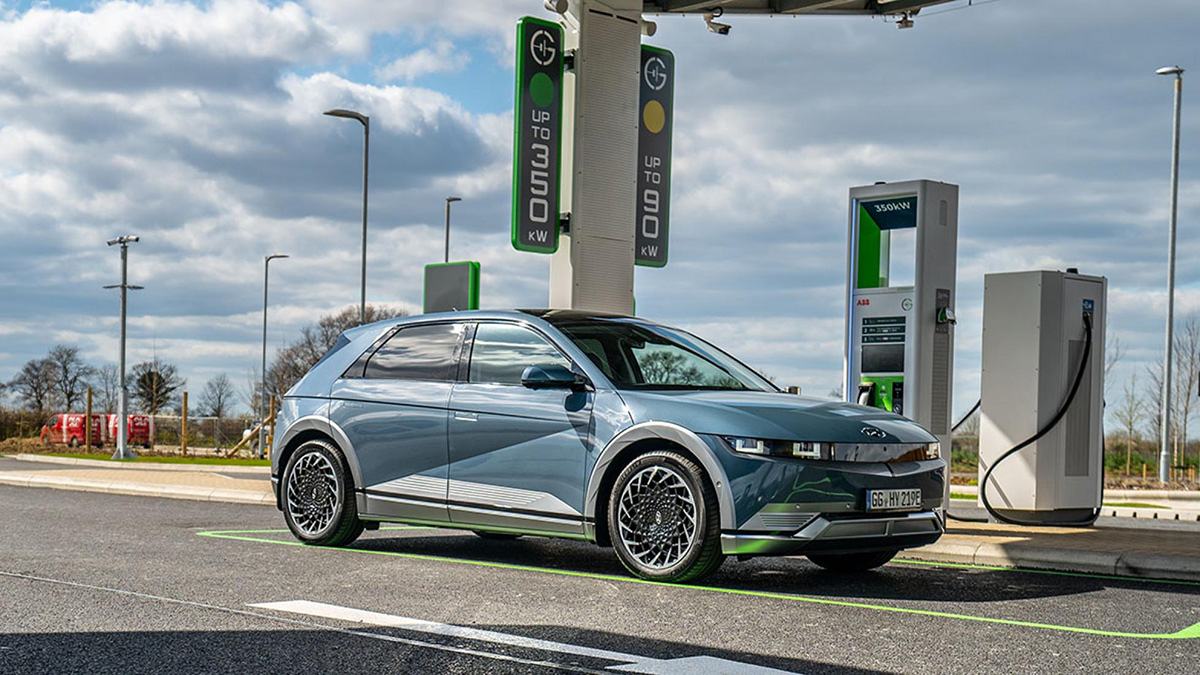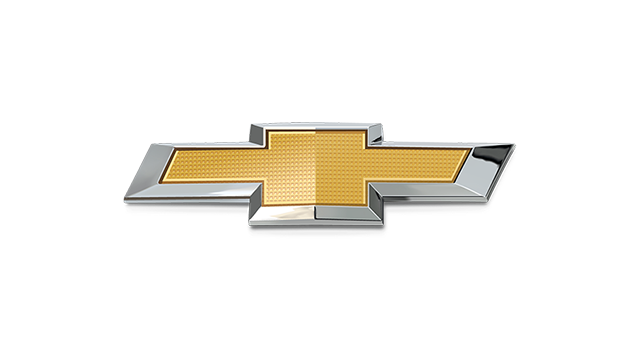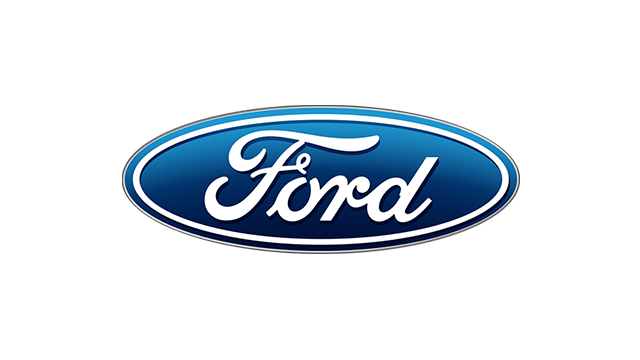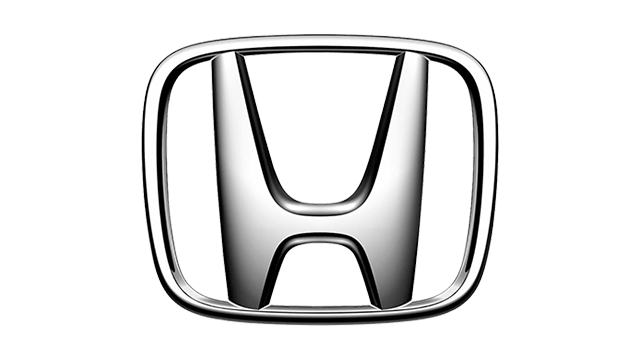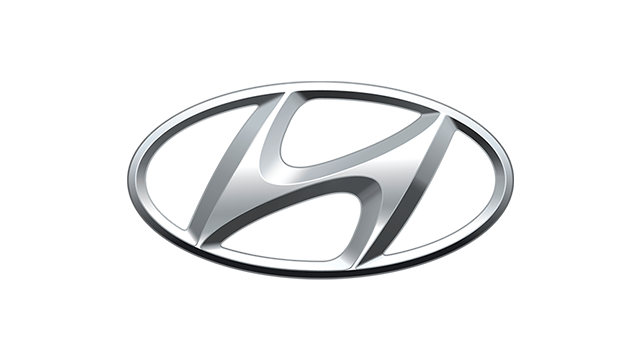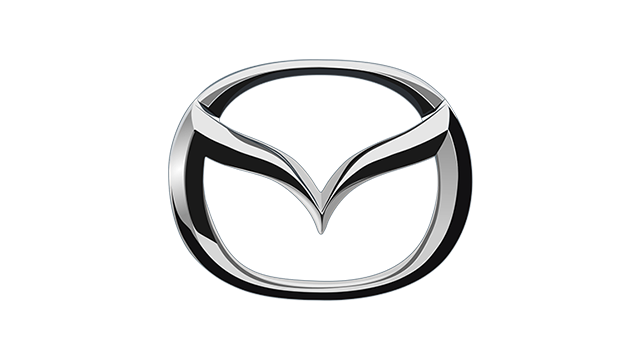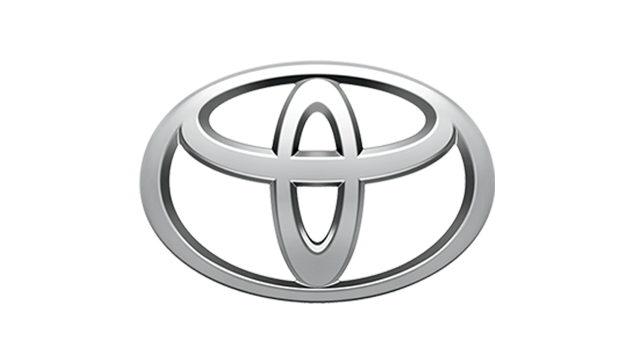The auto industry’s ongoing push for electric vehicles isn’t just a phase, in case you were thinking that. All signs point towards an electrified motoring future now, and more and more car manufacturers are trying to get ahead of the pack to get there.
Hyundai is the latest one to set some lofty electrification goals for itself. The South Korean car brand has announced that it aims to sell 1.87 million EVs annually by the year 2030. That’s around 7% of the world’s market share.
That’s a massive target, especially considering the company previously announced a goal to sell 560,000 EVs per year by just 2025. To achieve its goal, Hyundai is planning to launch a total of 17 new electric offerings between now and 2030—11 carrying the Hyundai badge, and six from Genesis.
ALSO READ:
South Korean car brands most reliable in the US, according to study
These upcoming releases include three sedans, six SUVs, and one light commercial vehicle. The brand is also investing a total of 95.5 trillion Korean won towards “future businesses.” It added that 19.4 trillion won will go towards electrification, and another 12 trillion to “software capabilities.”
As for batteries, Hyundai says it will source 50% of them from regions where the brand has strategic partnerships with battery manufacturers beginning in 2025. It will also expand its battery plant in Indonesia and develop a more flexible production system.
If everything goes according to the company’s plans, Hyundai will have a 10% operating profit margin in the EV sector by 2030.
“Hyundai is successfully accelerating its transition to electrification and becoming a global leader in EVs despite a challenging business environment caused by the global chip shortage and ongoing pandemic,” Hyundai Motor CEO Jaehoon Chang said in a statement.
“Along with our seamless efforts to improve EV value, Hyundai Motor will continue to secure its business sustainability as a ‘Mobility Solutions Provider’ through advanced technologies of not only hardware but also software.”
So, think any of these EVs will be available in our market once 2030 rolls around? Let us know in the comments.

